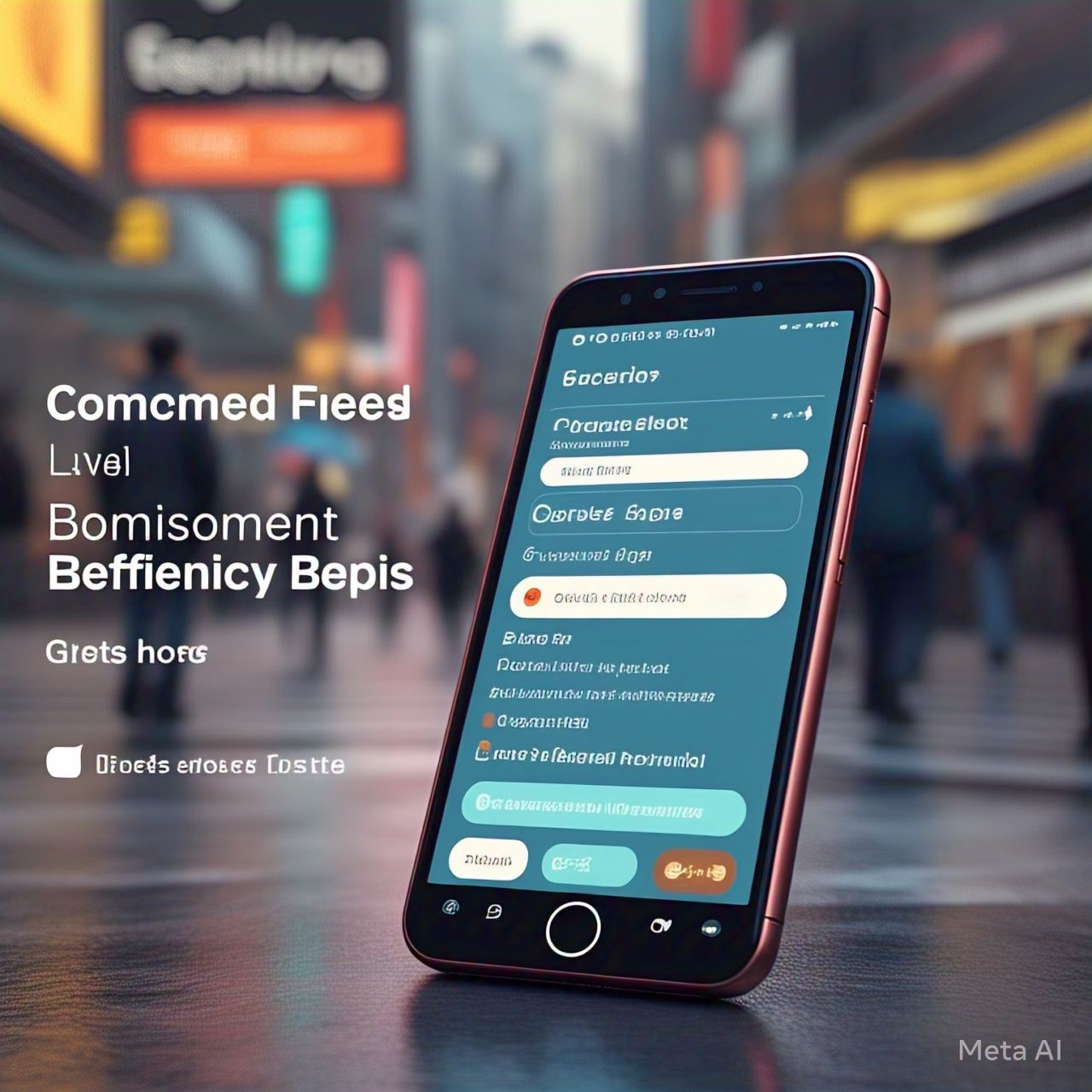Introduction
Smartphones have become an essential part of daily life, but what makes them truly smart? The answer lies in Artificial Intelligence (AI). AI-driven predictive technology enables smartphones to anticipate user needs before they even realize them. From personalized recommendations to proactive assistance, AI is revolutionizing the way we interact with mobile devices. This article explores how AI predicts user needs and enhances smartphone experiences.
The Role of AI in Predicting User Behavior
AI-powered smartphones analyze user behavior, preferences, and habits to anticipate what users need. This predictive capability is made possible through:
- Machine Learning (ML) – AI learns from past behaviors and adapts accordingly.
- Natural Language Processing (NLP) – Understanding and predicting user queries and responses.
- Big Data Analysis – Processing vast amounts of data to identify patterns and trends.
How AI Anticipates Your Needs
1. Smart Suggestions and Autofill
AI-powered keyboards and search engines predict words and phrases before users type them, improving efficiency. Features like Google’s Smart Reply and predictive text make messaging and typing faster and more intuitive.
2. Personalized App Recommendations
Smartphones analyze usage patterns to suggest relevant apps, services, and content. For example, if you frequently use fitness apps in the morning, your phone may suggest a workout app at the right time.
3. Adaptive Battery and Performance Optimization
AI monitors smartphone usage and optimizes battery life by prioritizing frequently used apps while limiting background processes for less-used ones. This extends battery life and improves device efficiency.
4. AI-Powered Digital Assistants
Assistants like Google Assistant, Siri, and Bixby use AI to predict user needs based on context. They provide proactive reminders, schedule meetings, and even suggest leaving early based on traffic conditions.
5. Smart Camera Enhancements
AI enhances smartphone photography by automatically adjusting camera settings, recognizing scenes, and suggesting filters based on previous preferences. It also improves facial recognition for security and authentication.
6. Predictive Search and Browsing
AI-driven search engines analyze browsing habits to deliver personalized news feeds, shopping suggestions, and relevant articles before users actively search for them.
7. Location-Based Predictions
Smartphones anticipate user needs based on location. For instance:
- Suggesting a ride-sharing app when leaving work.
- Recommending nearby restaurants based on dining history.
- Notifying users of traffic congestion or weather updates.
8. AI-Powered Health and Wellness Tracking
AI integrates with health apps to monitor sleep patterns, exercise habits, and stress levels, offering recommendations to improve overall well-being.
The Future of AI-Driven Predictive Technology in Smartphones
As AI technology advances, smartphones will become even more intuitive, with features like:
- Advanced Emotion Recognition – Understanding user moods and adjusting recommendations accordingly.
- Deeper Context Awareness – Predicting needs based on conversations, calendar events, and real-time activities.
- Improved Privacy and Security – AI will enhance data protection while maintaining personalization.
Conclusion
AI is transforming smartphones into truly intelligent companions that anticipate and fulfill user needs before they even arise. From predictive text and smart suggestions to proactive assistance and personalized experiences, AI enhances efficiency, convenience, and user satisfaction. As technology evolves, AI-driven smartphones will continue to provide a seamless, intuitive, and personalized digital experience.
Businesses and developers that harness AI’s predictive power will lead the future of mobile innovation, creating smarter and more user-centric experiences.





